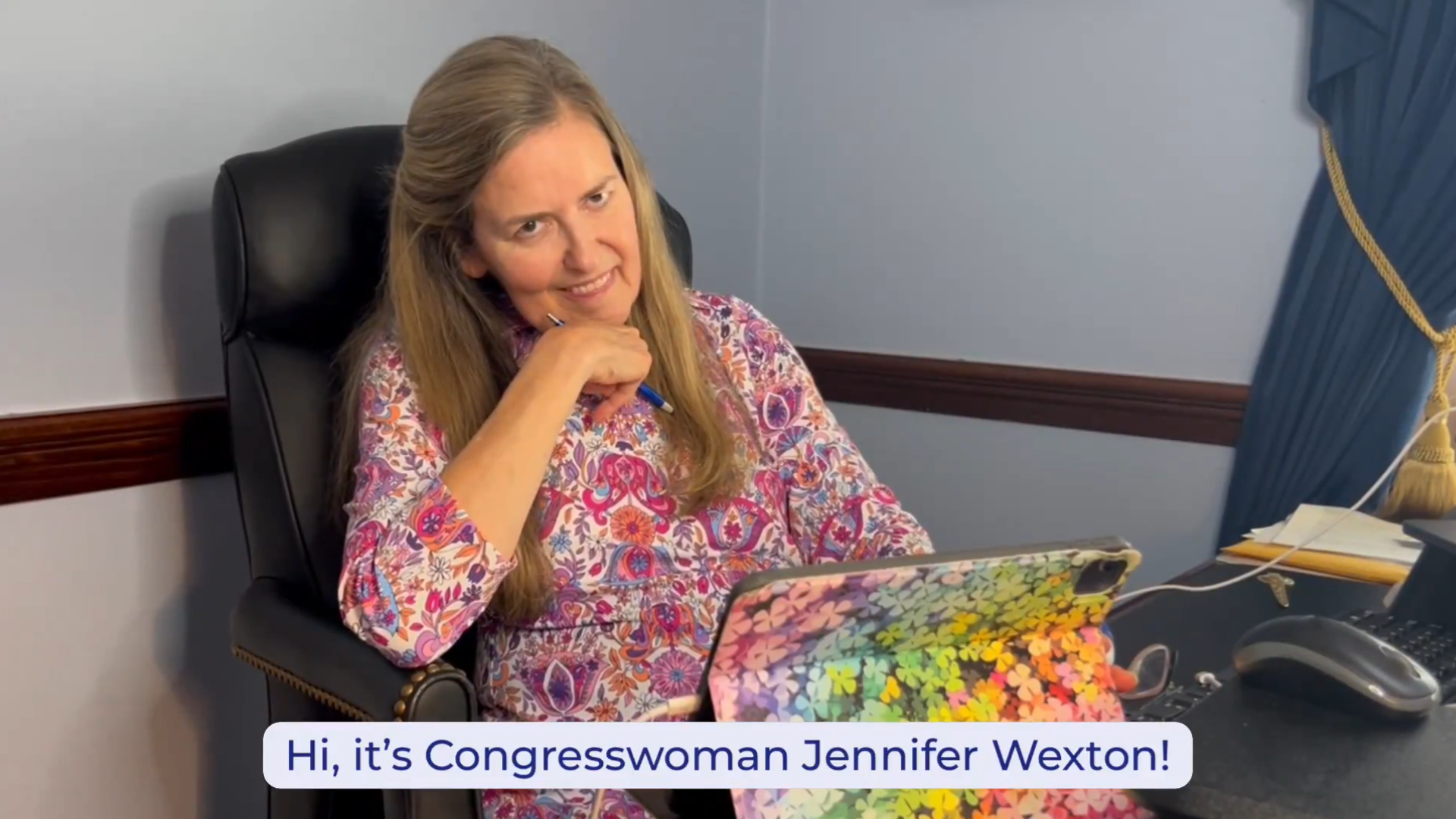
US Congresswoman Jennifer Wexton (D-VA) faced the loss of her voice due to Parkinson’s Disease-like Progressive Supranuclear Palsy (PSP), relying on common robotic-voiced text-to-speech tools. Now, thanks to AI-powered voice cloning provided by ElevenLabs, she can give speeches in her original voice despite PSP’s impact on her vocal abilities.
After Wexton used the robotic-sounding speech on the House floor, ElevenLab reached out to Wexton’s staff. With Wexton’s approval, her team provided ElevenLabs with over an hour of audio clips from before her diagnosis. In just a few days, ElevenLabs successfully created a digital version of Wexton’s voice, capturing the cadence, tone, and timbre that were once characteristic of her speech, according to the congresswoman and her team. The new voice model was first showcased as Wexton addressed the House Appropriations Committee, providing a strikingly natural sound compared to her previous computer-generated voice.
“Since I first began using an augmentative and alternative communication – or AAC – device for speeches on the House floor and in committee, I’ve received an outpouring of supportive messages from disability rights advocates about the importance of demonstrating that just because people like me may not be able to use our voices in the same way, doesn’t mean our words are any less ours or any less important to hear,” Wexton said in a statement.
"You don’t understand how important of an issue accessibility is until it’s you who relies on a walker, or an AAC device, like I have learned to over the past year. I hope that this new step of adopting an AI voice model can also be a moment to start a conversation about new and creative ways we can continue to empower people facing the kinds of health and accessibility issues as I have, and to show that our abilities do not define who we are.”
Your ears aren’t deceiving you—AI has allowed me to make a new model of my voice like it was before my PSP.I hope this helps show creative ways we can empower people facing the kinds of health and accessibility challenges I have and demonstrate our abilities don’t define us. pic.twitter.com/ztXDjCgi63July 10, 2024
Accessible Speech
Wexton pointed out in her speech that an AI-generated voice represents not just a personal victory but also highlights the transformative potential of AI in assisting individuals with speech impairments. By restoring a more natural-sounding voice, the technology enhances Wexton's ability to connect and communicate more authentically with her colleagues and the public.
ElevenLabs has quickly made a name for itself in the AI voice industry. The company's technology leverages advanced algorithms to not only replicate a person's voice but also to modulate tone and inflection, creating a more lifelike and natural sound. AI can even bring back the voices of those who have since passed away. The company recently showcased AI versions of the voices of James Dean, Burt Reynolds, Judy Garland, and Sir Laurence Olivier for its Reader App.
The successful implementation of AI-generated voices underscores a broader trend of integrating AI into assistive technologies. These advancements not only improve the quality of life for individuals with disabilities but also open up new possibilities for inclusion and participation in various spheres of life. By enabling more natural communication, AI technologies may help bridge the gap between ability and disability.







